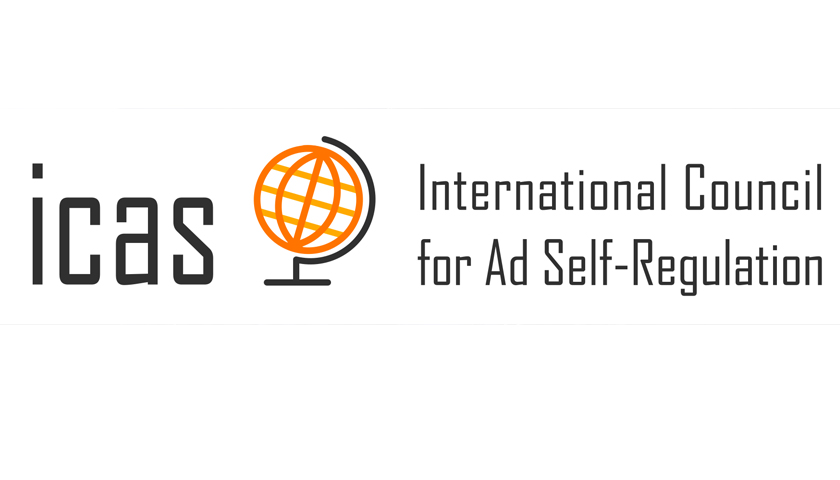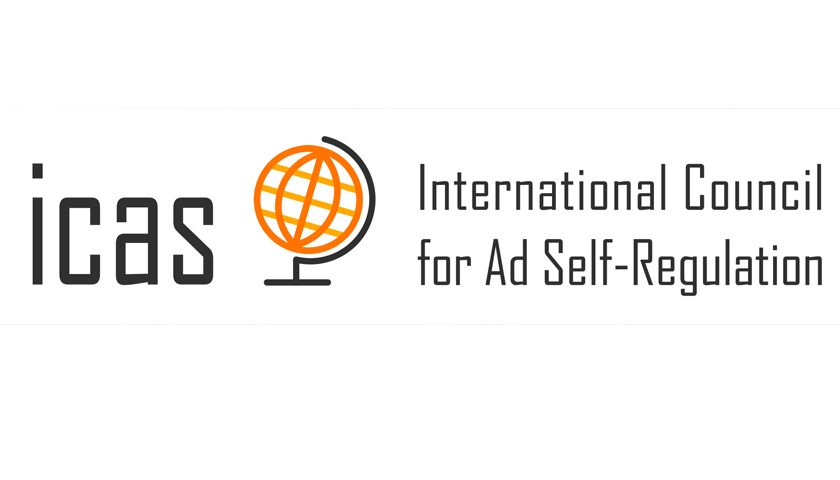Following the launch of its Global Database of Advertising Self-Regulatory Organizations (SROs) last year, the International Council for Advertising Self-Regulation (ICAS) is proud to release the second edition. The online database and the 2018 printable Factbook are available for download on the ICAS website. They contain basic facts and figures on key markets across Europe, America, Asia-Pacific, Africa and the Middle East.
ICAS is a global platform which promotes effective advertising self-regulation. ICAS members include Self-Regulatory Organizations (SROs) and other national, regional and international bodies working to ensure that ads and marketing communications are legal, honest, truthful and decent.
In order to raise awareness of the work carried out by its members, ICAS decided to collect basic facts and figures on existing self-regulatory systems, starting with 2017 data. By bringing more transparency on the way SROs operate in the different markets represented in its network, ICAS hopes to contribute to a better understanding of advertising self-regulation by the industry, regulators, and the general public.
The data collected by ICAS covers 23 markets in Europe, America, Asia-Pacific, Africa and the Middle East, including the largest and oldest SROs. It includes, among others:
- information about the governance of SROs and their funding model;
- links to the main advertising standards currently in force at national level;
- information about the complaints-handling process;
- basic statistics on SRO services such as pre-clearance, copy advice and complaints-handling.
These facts and figures can be consulted in two forms:
- The Global SRO Database is an online tool based on a common methodology which aims to provide transparency on the way SROs operate. The data it contains is standardized as much as possible to allow for a high level comparison between different markets around the world.
- The Global SRO Factbook is a companion to the online Database. It provides an aggregate overview of the data contained in the Global SRO Database, as well as useful background explanations highlighting some local specificities while putting them in a broader international context.
In view of future editions, ICAS welcomes feedback from interested parties. All questions and suggestions can be sent to the ICAS Secretariat.

